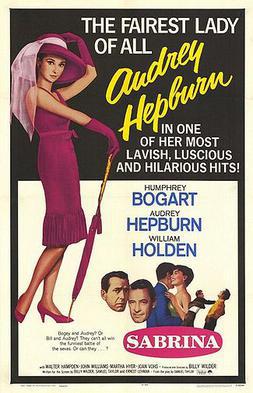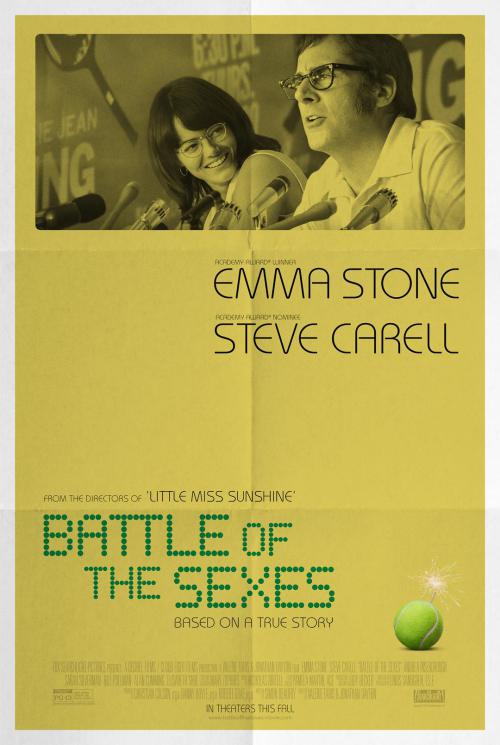Disclaimer: this is an English translation of a post that previously appeared on Dutch philosophy blog BijNaderInzien.org
In a blogpost on appreciating art by morally suspect artists, Kathleen Stock writes about her love for middle period Woody Allen films. She asks herself: why don’t I have a problem with appreciating these films, even while acknowledging that Allen himself is a horrible person. She argues that our imagination is not necessarily blocked, as long as the represented world of the film can be separated from the personal convictions of the artist. She concludes that there it is no aesthetic reason for rejecting art, simply because it was made by a morally bad person. For example: it seems clear to me that Kevin Spacey has done some horrible things. That is why there might be moral or political reasons for no longer watching House of Cards (e.g., because you do not want to financially support Spacey). But as long as House of Cards is not itself propaganda for sexual misconduct, there are as of yet no aesthetic reasons for negatively appraising the series, so Stock: “even people with very bad characteristics can sometimes make and produce enjoyable, pleasant, good, true, or otherwise life-enhancing things.”
Stock’s article is insightful (and entertaining!) and this seems like a nice, uplifting conclusion. But I believe it to be a bit rash. Of course it is true that, at least for some art, it is important to separate the work from the maker. It is commonly known that Wagner was an awful human being, but that does not seem to me to be pertinent to an aesthetic evaluation of his operas. The question is, however, whether this separation also holds for the genre of film/television and this, it seems to me, is not the case: for many films and tv series, there is at least one correct form of aesthetic judging in which the person of the maker (or more often a contributor like an actor) plays a crucial role.
First, let me give an obvious example of a film that explicitly thematizes the personal history of its lead actor as part of the plot. In Birdman (2014, by Alejandro G. Iñárritu), Michael Keaton plays a washed-up actor, once celebrated for his role in a superhero film, now trying to reinvent himself. In other words, Keaton is playing a character whose bio is remarkably close to his own. A clever move by the director: one of the film’s themes, the fading distinction between reality and fiction, now repeats itself in the perception of filmgoers who remember Keaton from his role as Batman.
Aura and actor Poster for “Sabrina” (1954)
Poster for “Sabrina” (1954)
Birdman, however, is explicitly about this theme. So is it not just a unique exception which proves the rule that, normally, we do draw a distinction between fictional plot and an actor’s personal history? I do not think so: classic Hollywood films, for example, were explicitly marketed to audiences by foregrounding the stars who featured in them. A poster advertising Sabrina (1954, by Billy Wilder) illustrates this well: twice (!) it mentions Audrey Hepburn’s name, next to a drawn picture of her which takes up most of the poster’s space. Only once, and in a much smaller font, it mentions the actual title of the film. Of course, it is possible to watch this film without paying much attention to Hepburn’s presence, but likewise, it is possible (and given the marketing strategy, much more likely) that audiences watched the film by chiefly appreciating the aura of Audrey Hepburn and not so much the plot, cinematography, etc. In any case, I think both forms of viewership can be aesthetically correct attitudes.
Of course, it’s an oft-heard lament, this sickly cult of personality that pervades Hollywood. But regardless of whether one thinks this is bad or not, within the practice of viewing Hollywood films, it is a valid form of cultural consumption: like it or not, it can be a correct aesthetic attitude to appreciate Sabrina chiefly by focusing on Hepburn’s aura.
What do I mean by aura? One could think that people going to see a film because of Hepburn, do so mainly because of her appearance. “The fairest lady of all” the poster boasts. But the appearance of a person is not the same as her personality: in this case, we would still make a kind of distinction between the work judged and the person who made it (or contributed to it). However, by aura, I mean something different than a person’s appearance. I mean by it, something like her image, the way in which she exists in the collective consciousness. Take, for example, a different actor who also has a distinctive aura: Arnold Schwarzenegger. In his films too, his appearance is very important. But if it were just his appearance we were judging, it would not strictly matter in what films he is playing. But it does matter: what sets Jingle All The Way (1994, by Brian Levant) apart from other Christmas films, is that the role of the incompetent dad is played, funnily enough, by a tough macho like Schwarzenegger. This makes clear that there definitely is something of Schwarzenegger’s person that becomes important in aesthetically evaluating the film: this is not necessarily the ‘real’ Schwarzenegger (that is, the person whom we would get to know, were we to befriend him), but rather his aura, the Schwarzenegger that exists outside of his sphere of intimacy, as well as his films.
Like a house of cardsThis brings me back to Kevin Spacey. It seems possible to watch House of Cards, not by following the (mis)deeds of Frank Underwood, but rather by merely appreciating Spacey’s aura. Moreover, that seems to me not only possible, but also one of the correct ways (be it a limited one) of appreciating the series. More importantly: even if appreciating Spacey’s aura is not exactly our main concern, still it seems to me to be an important part of our evaluation. Daniel Radcliffe is not often seen starring in films anymore and part of the reason why is that we find it difficult to look at him and see anybody other than Harry Potter. Radcliffe’s new films have (at least principally) nothing to do with his old ones, but still his aura (the ‘fact’ that he is Harry Potter) is a bona fide reason that one can weigh in appreciating his films. But then it is also true that it is not necessarily incorrect to suddenly find House of Cards a sickening show, just because of Spacey’s misdeeds. That is not simply a category mistake in which we let moral reasons weigh in an aesthetic judgment: rather, if Spacey’s aura is a suitable object of aesthetic appreciation, the judgment is both moral as well as aesthetic at the same time.
Does this mean that it has now become impossible to positively value House of Cards? No, that seems too strong a conclusion: it seems to me that there can be other aesthetic reasons which outweigh Spacey’s presence and render the series interesting enough to watch. On the other hand, we should not overestimate the extent to which it is correct to perceive a film in isolation of its maker. Sometimes, it is not only possible, but also necessary to evaluate an artwork by also taking into account the context in which it was made. That is why it is wrong to think that we should abstract from Spacey’s misdeeds when evaluating his works: if a film or series can be carried by the aura of an actor, then it can also make it collapse. It just so happens that there is an apt idiom for that.
Advertisements Delen:




